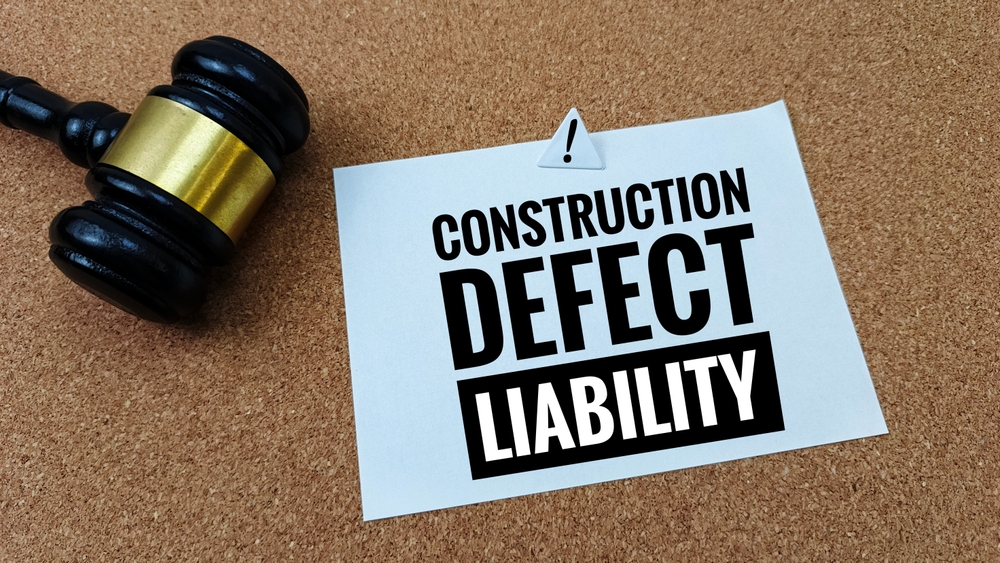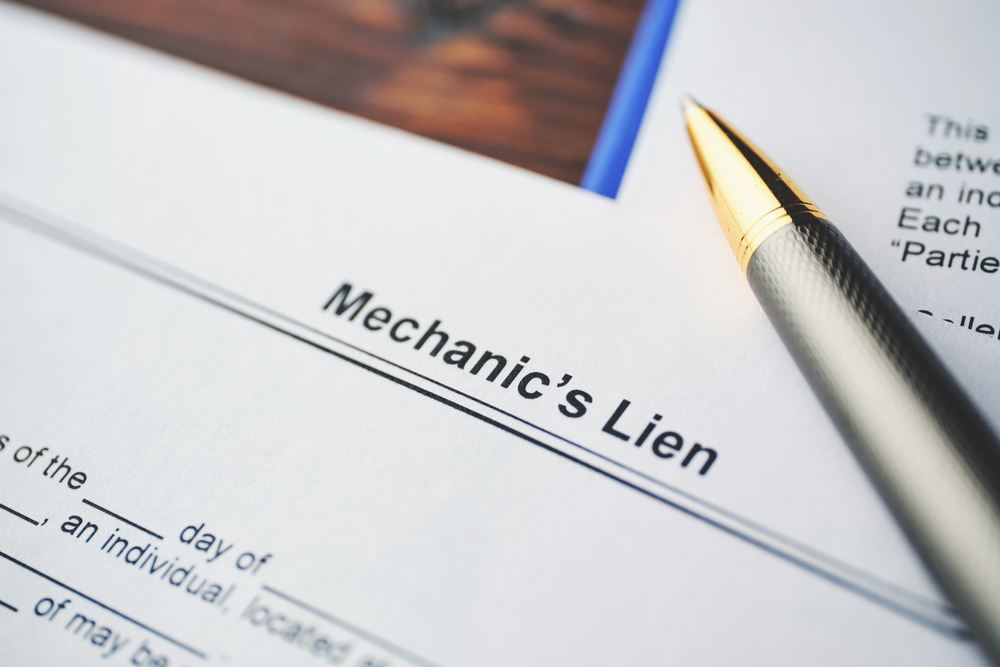

Most construction contracts have a schedule for the progress of the work. Did you accurately review the schedule before you signed the contract? What date did you agree to complete your portion of work? Is that completion date realistic? If you answered no to any of these questions, you need to immediately check your contract!
Along with a schedule, most construction contracts will include a financial punishment for failing to complete your work on time. This penalization is known as delay damage. Usually, delay damages show up as a per-day charge for each day you are late completing your work. The normal range can be anywhere between $300 – $1,000 per day. As you can see, this daily charge can very quickly eat away at any profit you planned on making.
Where you find the delay damage provision is a crucial point to make a note of! Just because delay damages are not specified in your contract does not mean you are exempt from being held liable to accrue delay damages. You can find delay damages in the prime contract, the contract between the owner and the general contractor, or the subcontract. If the subcontract incorporates the prime contract, which most of them do, you could be responsible for delay damages even if they are not specified in your subcontract. Make sure you request a copy of the prime contract, read it, and decipher if its terms are incorporated into your subcontract.
Delay damages can also be referred to as liquidated damages. Following are some examples of what construction delay damage provisions and liquidated damage provisions look like.
Subcontractor acknowledges having read all the contract documents including the $700 per day liquidated damages provision in the contract. In the event Contractor is assessed liquidated damages due to the failure of Subcontractor to complete its work in accordance with the schedule attached hereto, these damages will be deducted from any payment due to Subcontractor or otherwise collected from the Subcontractor.
LIQUIDATED DAMAGES. General contractor will assess delay damages against Subcontractor for each calendar day that any part of the work remains incomplete after the expiration of the time set for the completion of the project in the prime contract. Subcontractor shall be responsible for $1,200.00 per day, for each day that its work remains incomplete past the completion date in the prime contract. General contractor shall have sole discretion on when subcontractor’s work is determined to be complete.
If you are given a change order that makes it impossible to complete all the work by the scheduled deadline, make sure you add additional schedule time to the change order. Do not assume that the general contractor or owner should know that the increase in work will mean an increase in the deadline to complete your work. If there is no agreement to increase the time to complete in writing, it will not be enforceable, and you will have to complete your work under the original deadline. Make sure to cover all of your bases and document everything in writing!
When starting a new construction project, it is so important to be realistic with your work timeframe and that you fully understand what you are agreeing to. The language in subcontracts can be the deciding factor in a subcontractor making a profit or losing money on a job. There are so many things subs can do to limit their liability, but negotiating a fair subcontract is the most important thing.
Our knowledgeable team at The Cromeens Law Firm is here to help you navigate and break down the language in your construction contracts so you can best protect yourself on the front end and avoid liabilities down the road. Contact us today to set up a time to discuss delay damages and the language in your construction contracts. Do not lose a cent of your hard-earned profit! We want to help you avoid expensive legal fees or litigation costs and save you time and money.
Karalynn Cromeens is the Owner and Managing Partner of The Cromeens Law Firm, PLLC, with over 17 years of experience in construction, real estate, and business law. A published author and passionate advocate for contractors, she has dedicated her career to protecting the businesses her clients have built. Karalynn is on a mission to educate subcontractors on their legal rights, which inspired her books Quit Getting Screwed and Quit Getting Stiffed, as well as her podcast and The Subcontractor Institute.

